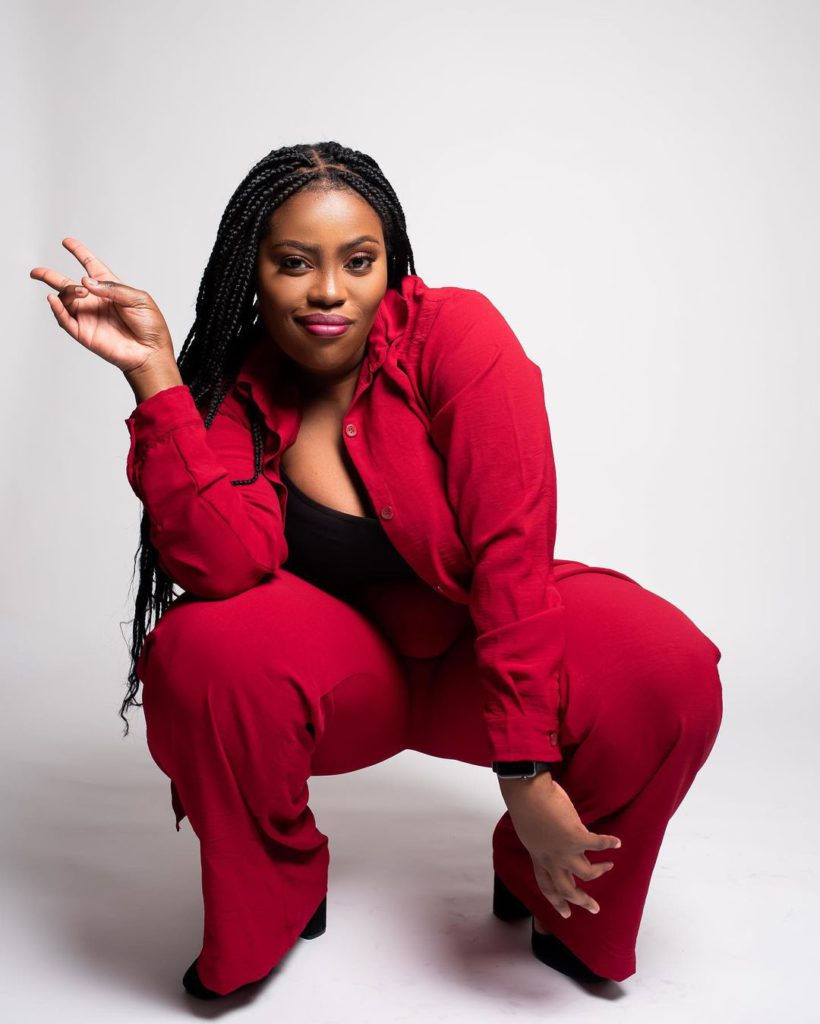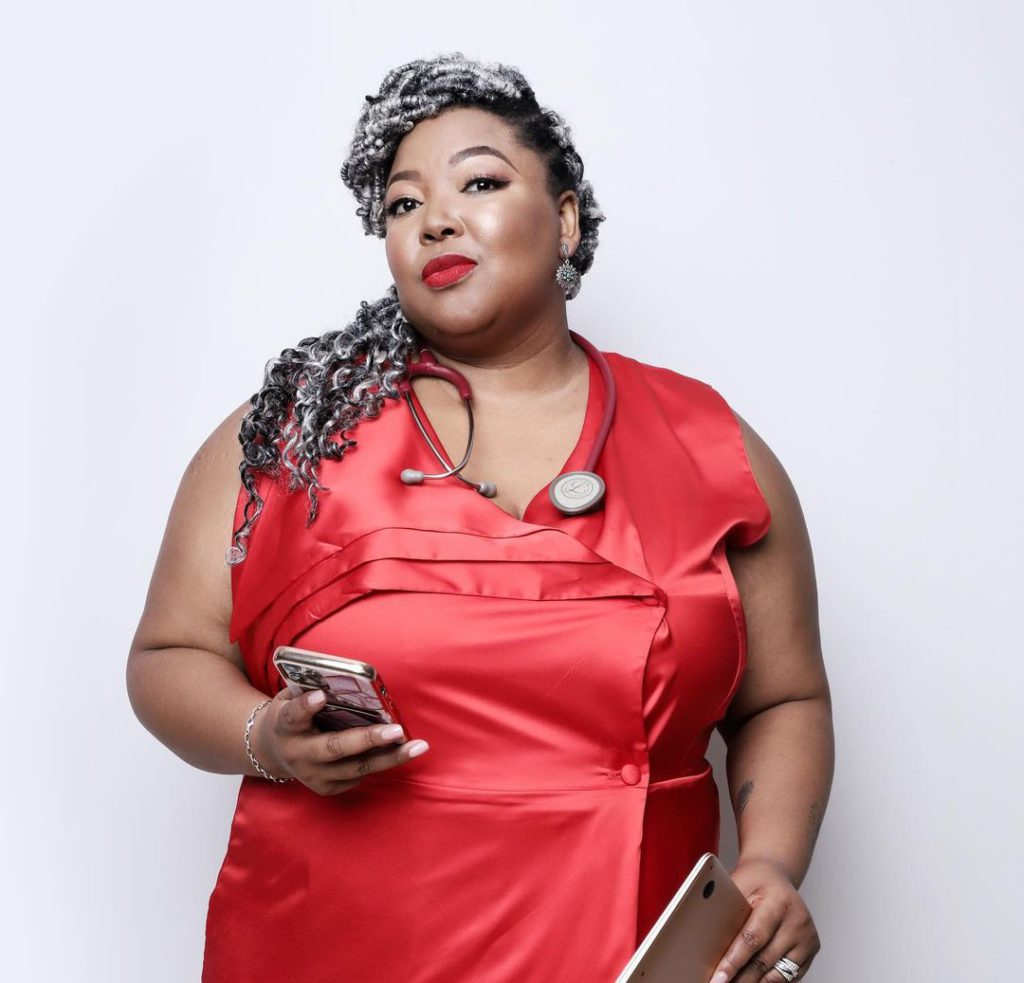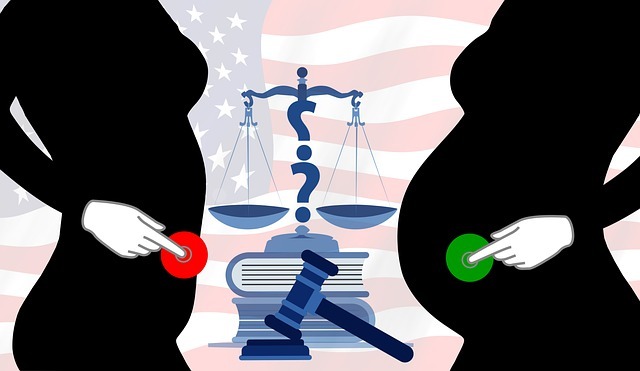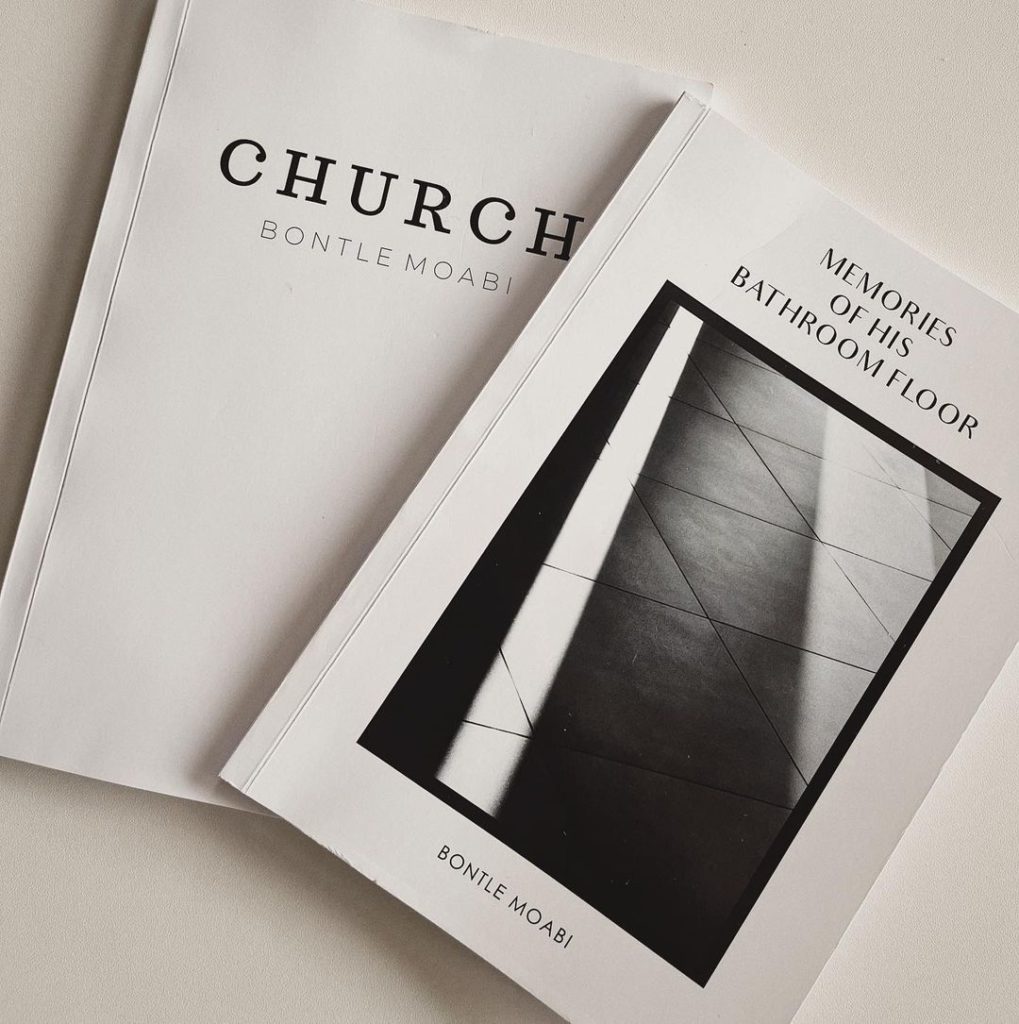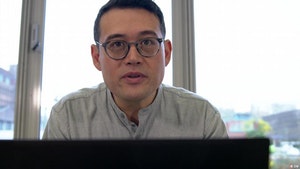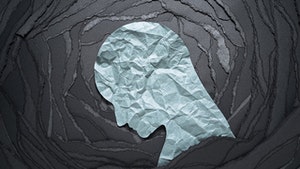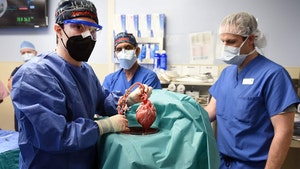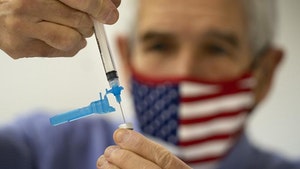BY Nkosazana Ngwadla
Abortion has been legal in South Africa since November of 1996 and is regulated by the Choice on Termination of Pregnancy Act 92 of 1996 (amended in 2008). Women of all ages can legally have an abortion in South Africa. A girl under the age of 18 is also allowed to have an abortion, with the consent of her legal guardian. A woman that is mentally ill and who is not compos mentis needs the consent of a guardian to legally terminate a pregnancy.
If a woman is less than 13 weeks pregnant, a pregnancy may be terminated without giving any reasons, if the woman is between 13 and 20 weeks pregnant, the pregnancy may only be terminated under specific conditions, such as social or economic threats.
After 20 weeks of pregnancy, termination will only be allowed if there are serious threats to the lives of the mother or baby, or if the foetus has birth defects.
Although these laws have been put in place to protect women and allow them the right to choose what happens with their bodies, unfortunately, some women still have to jump through hoops to safely terminate pregnancies.
On 3 October 2022, the mother of a baby girl found dumped in the bush near Oaklands Drive in Dawncrest, KwaZulu-Natal claims she had contacted social workers twice before resorting to dumping the infant.
According to Reaction Unit South Africa (RUSA), the baby was found with a bag containing nappies, a bottle of milk and a pacifier by a man who was picking mangoes.
The baby, who is approximately three months old, was also found with a note from the mother. In the short letter, the mother pleaded with whoever found her baby to not judge her but rather help the infant.
“You might be wondering why I dumped my baby, don’t wonder just help her if you can or call authorities but don’t judge me. I have spoken twice with social workers they delayed assisting, I know this bad, but I had no option the system is fragile, and we can’t even abort safely anymore, hospitals have strict rules,” the mother wrote.
*Samantha from Limpopo
*Samantha from Limpopo struggled to have a safe abortion in 2018. “I was a student at the University of Johannesburg and wasn’t ready to have a child. I was in my early twenties and in a relationship with a man who blatantly told me he wouldn’t be in the child’s life if I decided to keep it,” she tells The Fuse.
A few weeks in the pregnancy, *Samantha made the difficult decision to terminate the pregnancy. “I started at the clinic on campus to just find out more information about where to go, if there were any costs involved and all that. But when I went to various clinics and hospitals, even social workers – I was never helped,” she adds.
Panicking because the weeks went by quickly, *Samantha resulted in having an illegal abortion. “I couldn’t risk having this baby; they were not going to have a good quality life. I don’t come from a wealthy family, it just wouldn’t have worked. I did what I had to do.”
*Samantha describes the experience as very traumatic and something she wishes no woman needed to face. “I know we’re told the laws are there to make things easier for women, but that’s not the reality,” *Samantha concludes.
*Thandi from Gauteng
“When I was 17, I was raped by my uncle at home. It was a very tough time for me, I didn’t understand what was happening and why it was happening. Luckily, I was sober minded enough to get a rape kit from the local clinic. I then spoke to my teacher at school because I was scared to speak to my mother about it – but I did eventually, with the help of my teacher.
My mother had some trouble believing me at first, but after some time, she did. A few weeks later, I found out that I was pregnant. I, for obvious reasons, didn’t want anything to do with that child. My mother understood and took me to Marie Stopes to get a safe abortion. I’m glad I got the support of my mother, because I know most young girls aren’t always so fortunate.”
Door of Hope
Door of Hope Children’s Mission is a home for abandoned children – it is based in Berea, Johannesburg, and aims to provide a home for each child.
“In 1999 the Berea Baptist Mission Church, under the leadership of Pastor Cherly Allen, made a hole in their wall and made a ‘Baby Box’, allowing for mothers to leave their babies any time, day or night, for the church to take care of them.
The moment the baby is places in the box, care workers on duty receive an electronic signal alerting them. The baby is taken in and the anonymity of the ‘donor’ is ensured. News quickly spread and now some babies are brought in personally by their mothers, and others by the police, hospitals, clinics, community members etc.,” says a Door of Hope representative.
Having an abortion might not be a viable option for every expecting woman, but the Door of Hope might just be an option for many.

